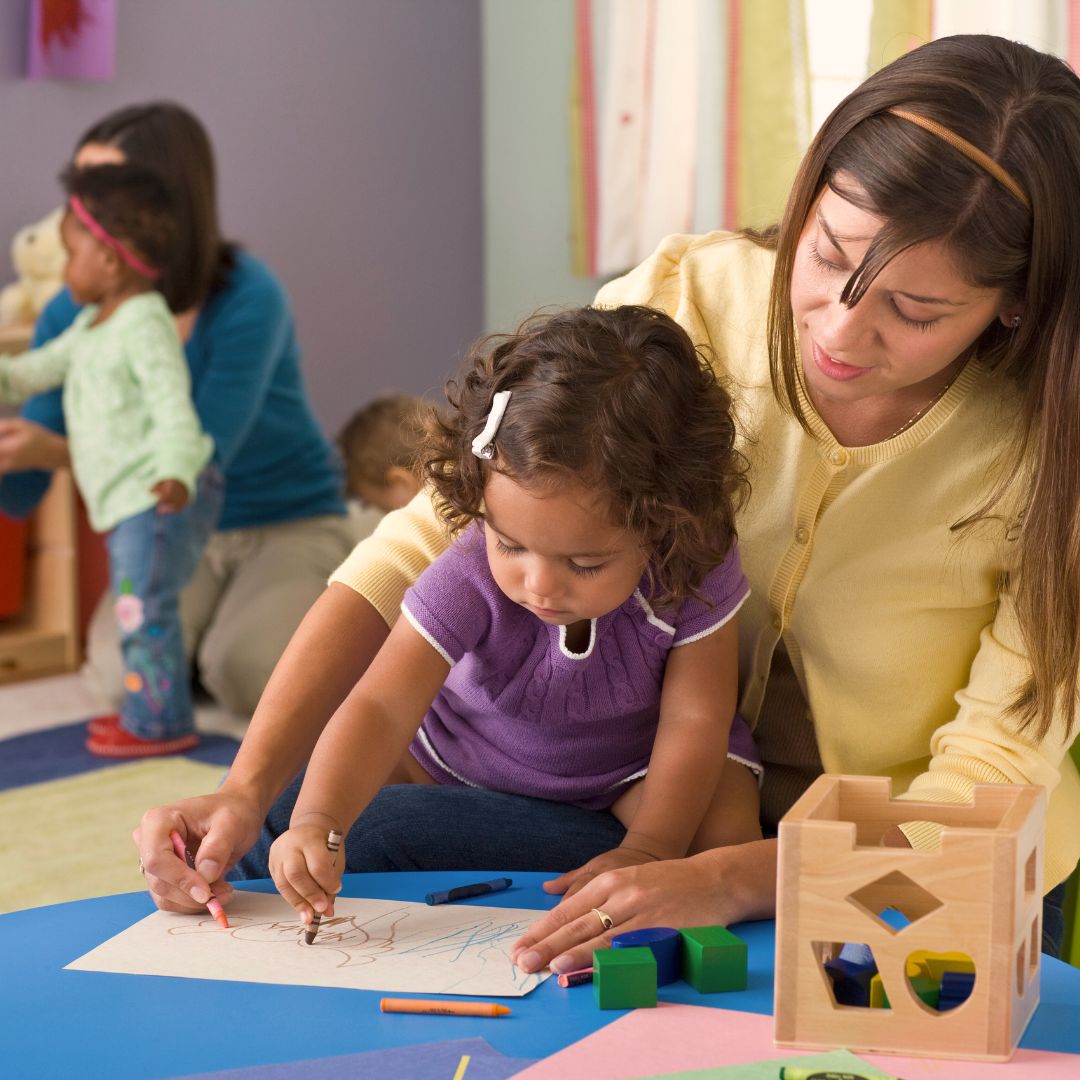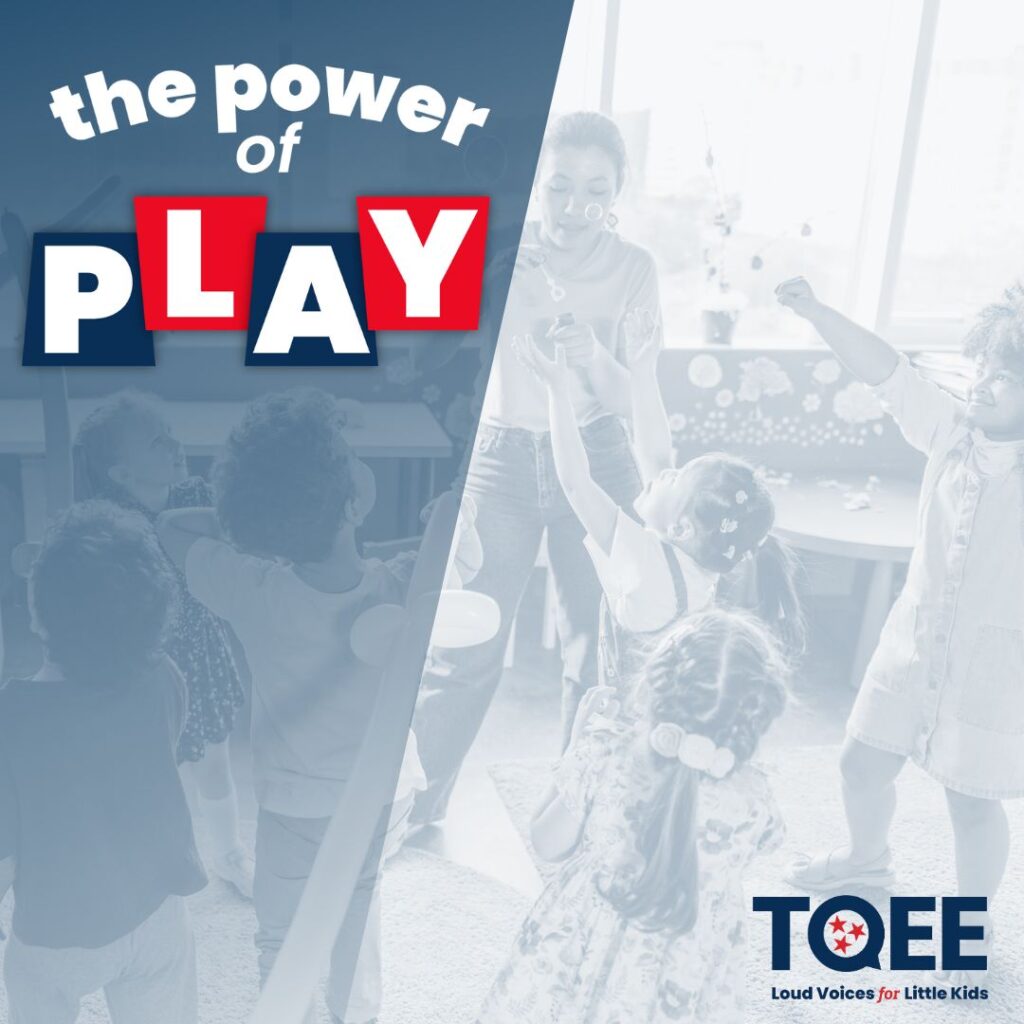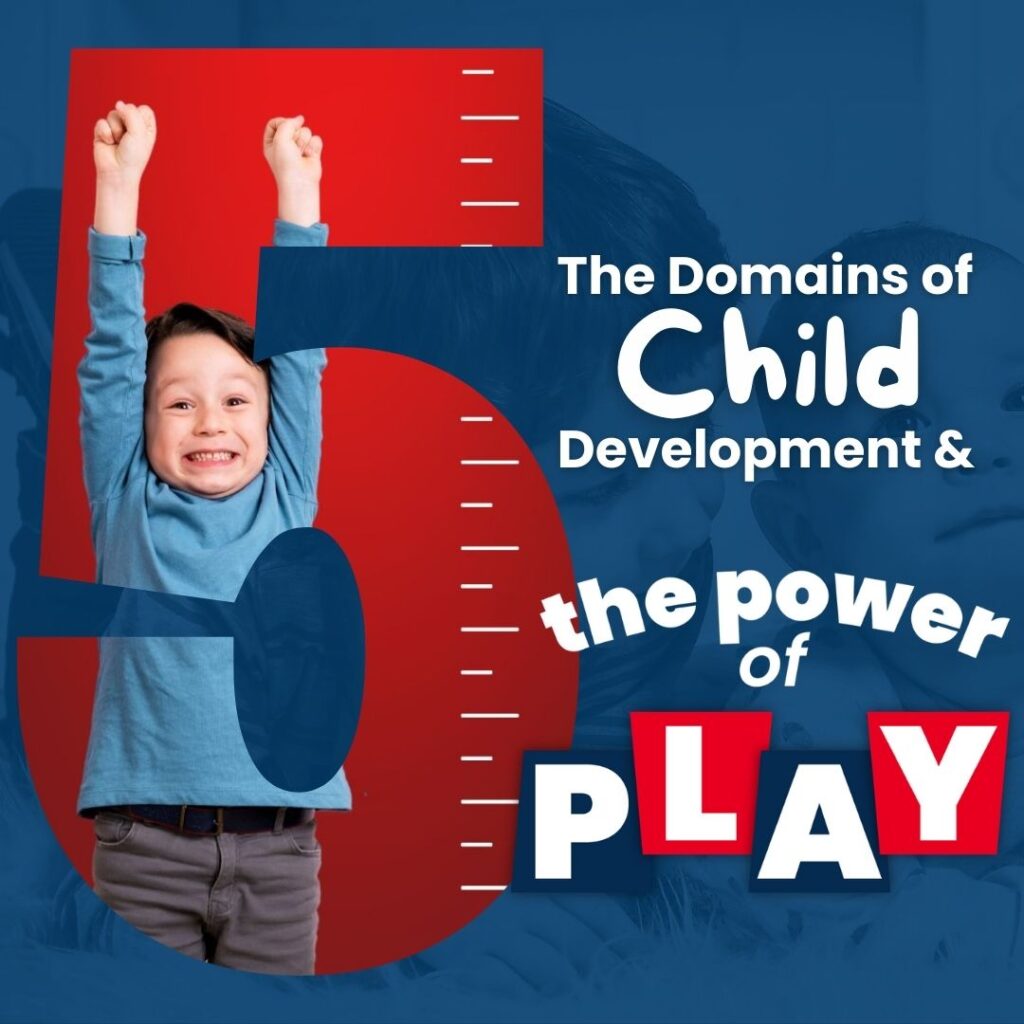The first years of a child’s life are the most pivotal for brain development. They build the foundation for a lifetime of educational, emotional, and social abilities. We’ve assembled some brain building facts to help unlock children’s potential.
- The human brain grows most rapidly during the first few years of life, with more than 1 million new neural connections forming every second to lay the foundation for all future learning and health. Harvard Center on the Developing Child
- The brain’s ability to adapt — known as brain “plasticity” — is most significant in early childhood. That’s why it’s easier and more effective to shape a developing brain earlier than later. Harvard Center on the Developing Child
- “Serve and return” interactions –responsive, back-and-forth exchanges between a young child and a caring adult –play a crucial role in forming neural connections and supporting child development. Harvard Center on the Developing Child
- The first few years of life are the period for the fastest language development. Talking, singing, playing and reading with babies and toddlers is key to getting them the language exposure and stimulation they need to thrive! ZeroToThree
- Differences in language skills based on socioeconomic status are already evident in children at 18 months old. Vanderbilt University Prenatal-to-3 Policy Impact Center
- Executive function skills—like focus, memory, and self-control—begin developing in infancy with the most significant window of development opportunity being the 3-5 age range. Harvard Center on the Developing Child
- Executive function skills are strongly linked to academic success; and young children develop these skills best through guided dramatic play such as by practicing taking turns, creative problem-solving, and active listening. Harvard Center on the Developing Child.
- “Toxic stress” in early childhood — caused by adverse experiences such as neglect, abuse, or exposure to violence — can lead to developmental delays and later health problems. Harvard Center on the Developing Child
- Children are more likely to experience neglect and abuse during their first three years of life than at any other age. Child Trends
- Supportive, responsive relationships with caring adults, and specialized interventions as early in life as possible, can help prevent or reverse the effects of toxic stress. Harvard Center on the Developing Child.
- PLAY – that’s right, PLAY — is the key to brain-building and supporting a young child’s development and learning! TQEE: Power of Play
- There are loads of easy cost-free games and activities that parents, caregivers and early educators can do to help build a young child’s brain! Check them out here!





